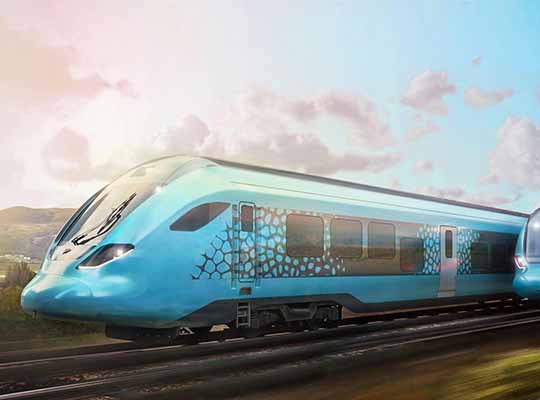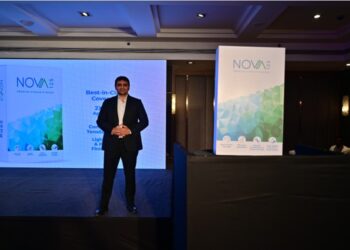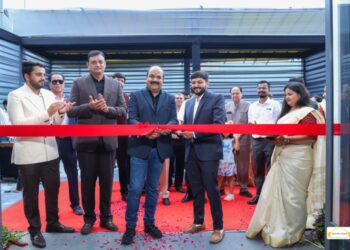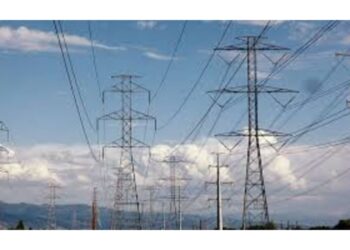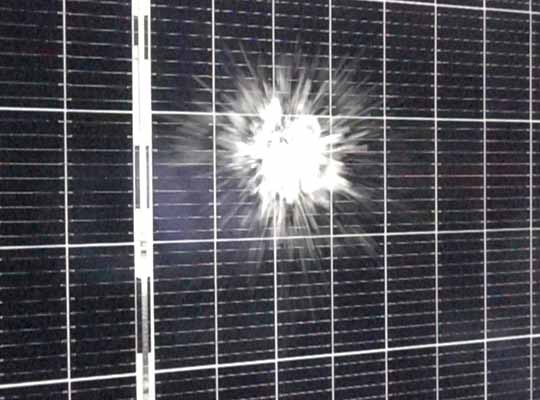VANCOUVER, BC and HOBRO, Denmark – Ballard Power Systems announced that the Company has signed an Equipment Supply Agreement to provide 8 of its 70-kilowatt FCmoveM-HD fuel cell modules to Talgo S.A. – a leader in the design, manufacture, and maintenance of high-speed light rail trains, headquartered in Madrid, Spain – for trials of its Talgo Vittal-One commuter and regional passenger train. Talgo plans to conduct their demonstration in early 2022 in Spain, with expected commercialization in 2023.
Talgo has an industrial presence in Spain, Germany, Kazakhstan, Uzbekistan, Russia, Saudi Arabia and the U.S., and is recognized worldwide for its capacity for innovation, unique and distinctive technology and reliability.
Emilio Garcia, Talgo Innovation Director said, “Green hydrogen is no longer the future, it is a reality. The implementation of hydrogen trains, such as the one Talgo is developing, will improve mobility and have a positive impact on the environment by replacing diesel technology. It will allow us to make the most of the non-electrified railways in many countries, while reducing the carbon footprint.” Mr. Garcia continued, “The announcement earlier this year of EU policies to accelerate decarbonization further validate this key step in early adoption of hydrogen trains in order to achieve these greenhouse gas reduction goals.”
Oben Uluc, Ballard Director of Sales for EMEA and India noted, “We are excited to be working with Talgo through the testing phases of its Talgo Vittal-One train. This relationship is another sign of the growing momentum in deployment of zero-emission fuel cell propulsion solutions in the rail industry across numerous geographies. Fuel cell systems enable conventional rail networks to realize the benefits of electrification without the cost and infrastructure challenges of overhead catenary wiring.”
The modular system being designed by Talgo is intended for installation on all types of passenger trains, as well as in upgrades or retrofits from diesel to hydrogen power. The innovative system utilizes hydrogen and fuel cells for propulsion, complemented by batteries that assist the train from a standing start and take advantage of the braking system for recharging. Hydrogen technology is an appropriate solution for heavy transport applications such as trains, where railway lines do not currently have catenary electrification systems and depend on diesel engines.


